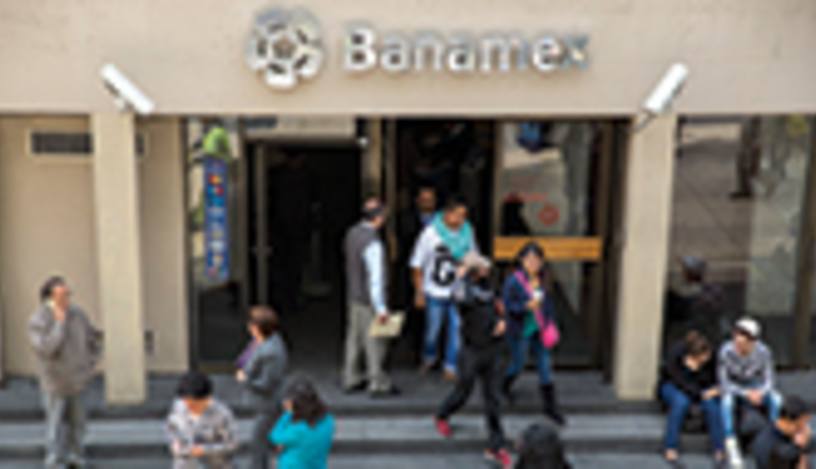Not long after Mexico passed its long-awaited energy reform in December 2013, breaking state-run Pemex’s monopoly in the sector, oil prices tanked, bringing private sector enthusiasm down with them. But, if investor plans in the sector are largely frozen in the short term, the long-term hope that the reform can transform Mexico's economy is still very much alive.
Part of a wider package of reforms – which also included initiatives to increase competition in the banking sector and open up the telecommunications market – the new rules were designed to boost Mexico’s stagnant economy and reduce consumer costs across the energy, financial services and telecommunications sectors. The financial reform, in particular, has not only increased competition in the banking market, it is also creating new business opportunities for lenders.













